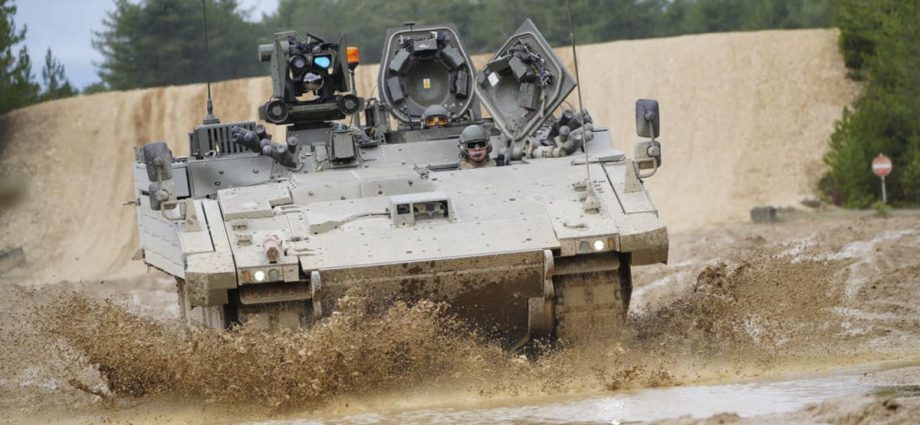
SAN DIEGO: Britain cast China as representing an “epoch-defining challenge” to the world order, in an update to its foreign policy framework published on Monday (Mar 13) which declared that the UK’s security hinged on the outcome of the Ukraine war.
In the refresh of Britain’s blueprint for security and international policy, the government warned of China’s deepening partnership with Russia, and Moscow’s growing cooperation with Iran following the invasion of Ukraine.
Only first released two years ago, Prime Minister Rishi Sunak said Britain’s Integrated Review (IR) had been updated to take account of events, with the hardening of language and positioning towards Beijing and Moscow.
But the decision to still not describe China as a threat was likely to disappoint many in Sunak’s governing Conservative Party, who also believe his vow to spend an extra £5 billion (US$6 billion) on defence is insufficient to support Ukraine without leaving Britain vulnerable.
“What could not be fully foreseen in 2021 was the pace of the geopolitical change and the extent of its impact on the UK and our people,” Sunak wrote in a foreword to the IR.
“Since then, Russia’s illegal invasion of Ukraine, weaponisation of energy and food supplies and irresponsible nuclear rhetoric, combined with China’s more aggressive stance in the South China Sea and the Taiwan Strait, are threatening to create a world defined by danger, disorder and division.”
Foreign Secretary James Cleverly told parliament on Monday China’s size and significance connected it “to almost every global issue”.
“We cannot be blind to the increasingly aggressive military and economic behaviour of the Chinese Communist Party, including stoking tensions across the Taiwan Strait,” he said.
The unveiling of the update has been choreographed to coincide with Sunak’s visit to San Diego to agree the next steps in a landmark defence agreement, AUKUS, with US President Joe Biden and Australian Prime Minister Anthony Albanese.
Of Britain’s extra defence spending, £3 billion will go towards nuclear projects, including help for Australia to build nuclear-powered submarines for the first time, part of efforts to counter China in the Indo-Pacific.
When it was first published in 2021, the Integrated Review described China as a “systemic competitor” – a term some in Sunak’s party said was mealy-mouthed.
“China under the Chinese Communist Party (CCP) poses an epoch-defining and systemic challenge with implications for almost every area of government policy and the everyday lives of British people,” the updated document said.
“It has pursued rapid and opaque military modernisation with huge new investments, militarised disputed islands in the South China Sea, and refused to renounce the use of force to achieve its objectives with regard to Taiwan.”

